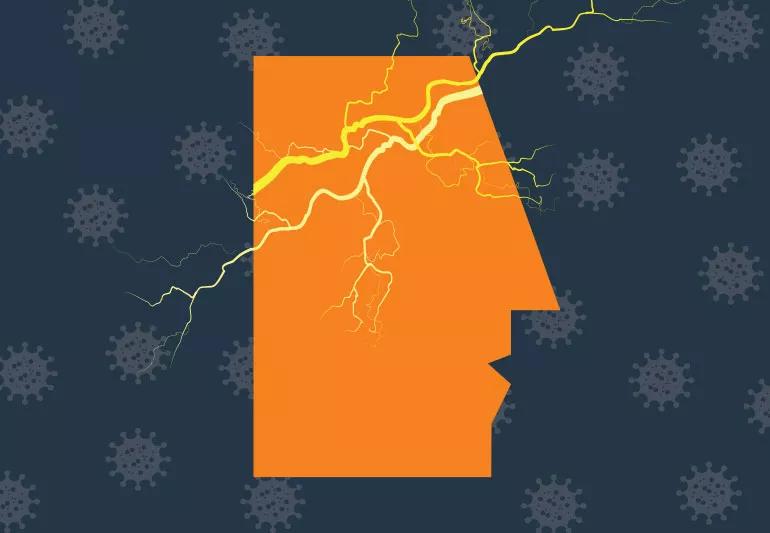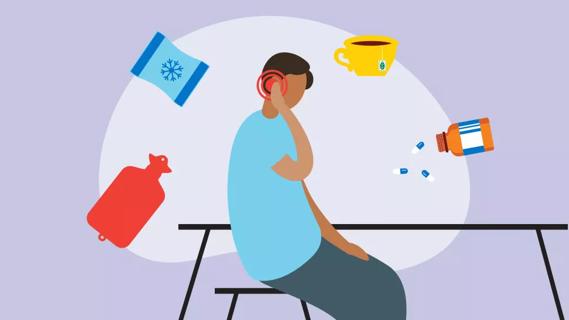Advertisement
The short answer from an expert

A: We already know there are a number of neurological complications that can be caused or complicated by COVID-19 and evidence now suggest that seizures could be another one of those issues.
Advertisement
Cleveland Clinic is a non-profit academic medical center. Advertising on our site helps support our mission. We do not endorse non-Cleveland Clinic products or services. Policy
Research has shown that, among other things, delirium and risk of stroke are both possible symptoms that come with COVID-19 infections. So it makes sense that other neurological conditions could come into play for patients and that includes seizures.
Seizures have been observed in COVID-19 patients who don’t have epilepsy but why that happens is still not fully clear.
One primary way the virus may trigger these seizures is related to how the virus enters the nervous system. It’s possible it causes a breakdown in the blood-brain barrier by producing too many cytokines, molecules that carry communication within and regulate our immune system.
We’ve seen that COVID-19 can cause events called “cytokine storms” where the virus causes the body to over-produce cytokine which can cause damage and inflammation in various organs. The effects of this inflammation on the brain could explain these seizures.
As of right now, there’s no evidence that people with epilepsy are any more at risk of contracting COVID-19 than others. But that doesn’t mean it’s okay to ignore guidelines – wearing a mask, social distancing, frequently washing your hands.
It’s critical, though, that epilepsy patients who have comorbidities, like hypertension or obesity, follow these precautions to protect themselves from contracting the virus.
Advertisement
And it’s still important, especially if you have epilepsy, to keep up with your medications and healthcare appointments during the ongoing pandemic. Providers have worked hard to ensure a clean, safe environment for patients so they can continue to receive the essential care they need.
— Neurologist Stephen Hantus, MD
Advertisement
Learn more about our editorial process.
Advertisement

Infection and inflammation can cause you to lose your voice and have other voice changes until you’re fully healed

Find a psychiatrist or psychologist in your area who works with autistic adults — or reach out to a pediatric specialist if you can’t find one

A COVID-19 infection can bring on depression or anxiety months after physical symptoms go away

Just like the flu, COVID-19 continues to evolve every year with new and smarter variants

If you’re frequently dealing with short-term memory loss, confusion or issues around spatial awareness, you may need to see a neurologist

The latest omicron subvariants carry specific mutations that may allow the SARS-CoV-2 virus to be better at evading immune protection

Research shows the virus can affect your ability to get or maintain an erection

Alzheimer’s is just one common cause of cognitive decline categorized as ‘dementia’

Not all ear infections need antibiotics — cold and warm compresses and changing up your sleep position can help

A glass of lemon water in the morning can help with digestion and boost vitamin C levels, and may even help get you into a better routine